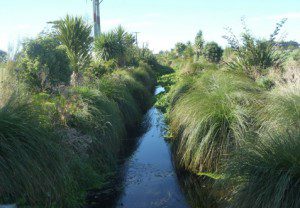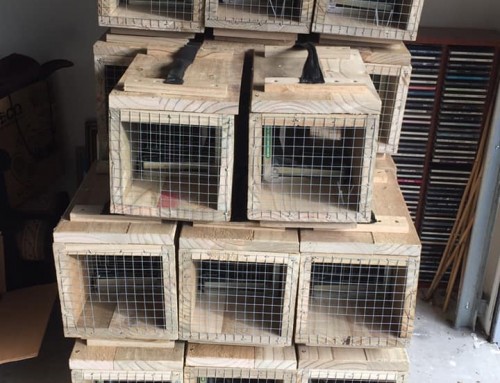Landowners around Te Waihora/Lake Ellesmere are being offered a wide range of free advice on how best to manage drains and waterways on their properties.
For the latest updates on this project, we have a separate page where we will be adding news and information over the coming months.
The Sustainable Drains Project is a new initiative from the Waihora Ellesmere Trust (WET), together with Environment Canterbury, Ngai Tahu, Selwyn District Council and Lincoln University. The full title is Sustainable Drain Management in Selwyn-Waihora – healthy waterways in productive land.
 The aim of the project is to support and encourage landowners to improve management of drains and waterways around the lake.
The aim of the project is to support and encourage landowners to improve management of drains and waterways around the lake.
Good examples of drain management will be promoted and options, including planting natives along the waterways around Te Waihora/Lake Ellesmere, will be explored. The project will run over the next three years and aims to see improved management practices and an increase in drain/streamside planting, with improved stream health and ultimately improved water quality.
The team can offer local landowners a free restoration planning service, help with finding funding, and advice on successful approaches to drain management and riparian planting.
Part of the project will be trying to get a better understanding of a wide range of costs and benefits of planting with natives, and putting dollar values around that. The costs of fencing and planting are fairly well understood but, with the help of Lincoln University students and staff, they’ll also be looking at the benefits that may come from keeping heavy stock out of drains and planting – reduced drain maintenance costs, improvements to soil, shelter, pollination, amenity, cultural and other values.
Minister for the Environment, Hon Dr Nick Smith, recently announced that the Ministry for the Environment’s Community Environment Fund, is contributing funding to this project. Other funding is coming from MAF’s Sustainable Farming Fund, Canterbury Community Trust and the partners.
Recent decades have seen a great deal of land use intensification around the Lake, and deteriorating water quality. The challenge is to find a balance between development and the environment.
The drainage network is vital for productive farms. As WET’s Chair, Brett Painter, said, “There are over 500kms of council managed drains and probably two to three times that length of private drains, all flowing eventually into the lake, and very little is fenced or planted. Improving the way we manage those drains isn’t going to solve everything, but it is one way to reduce the adverse effects of land use on the waterways and lake.”




